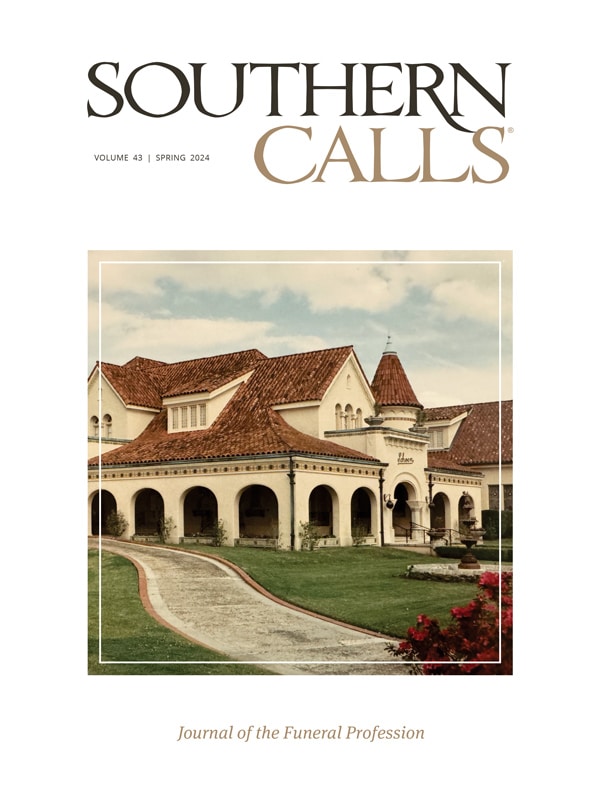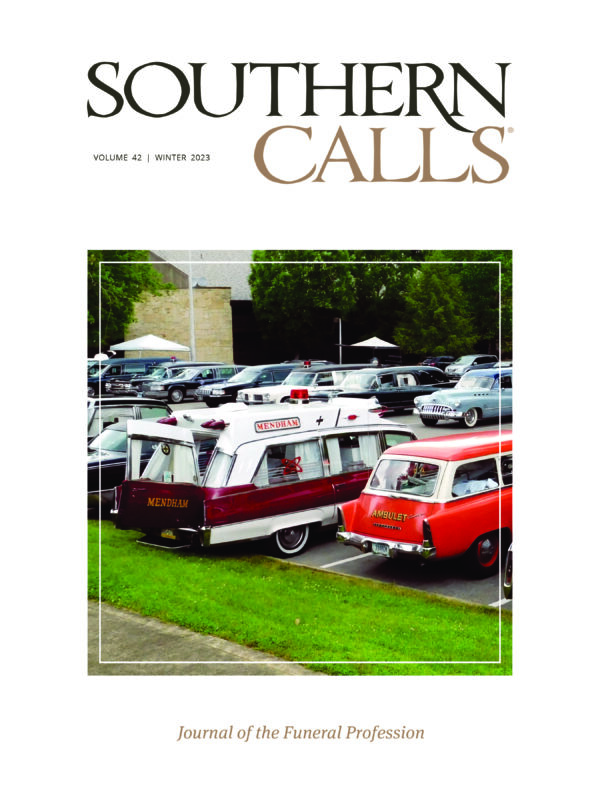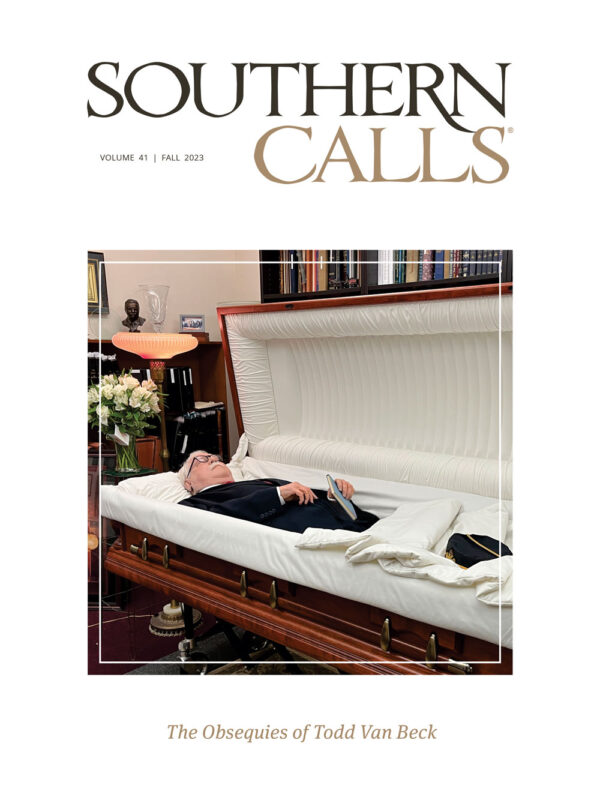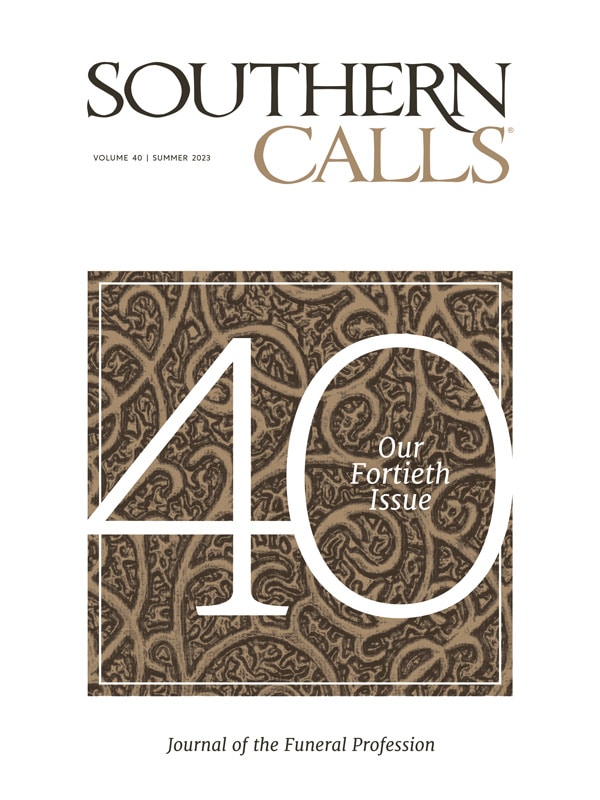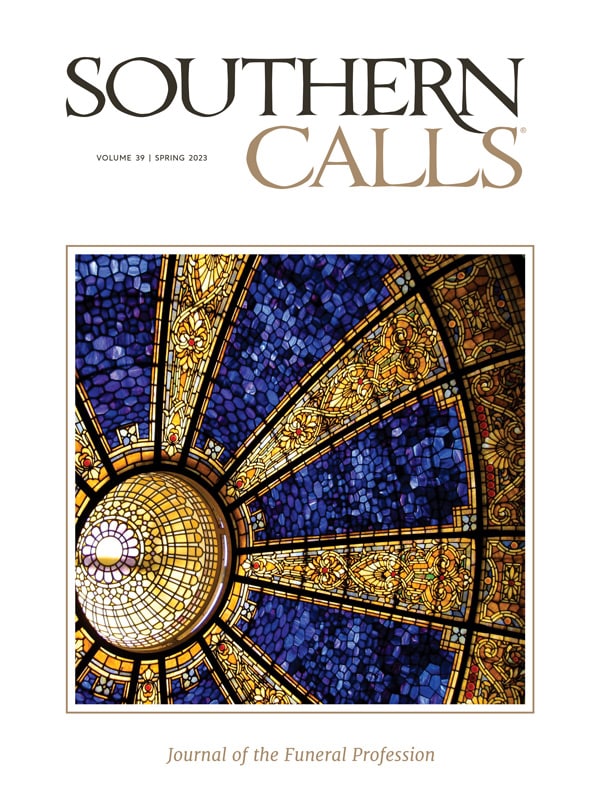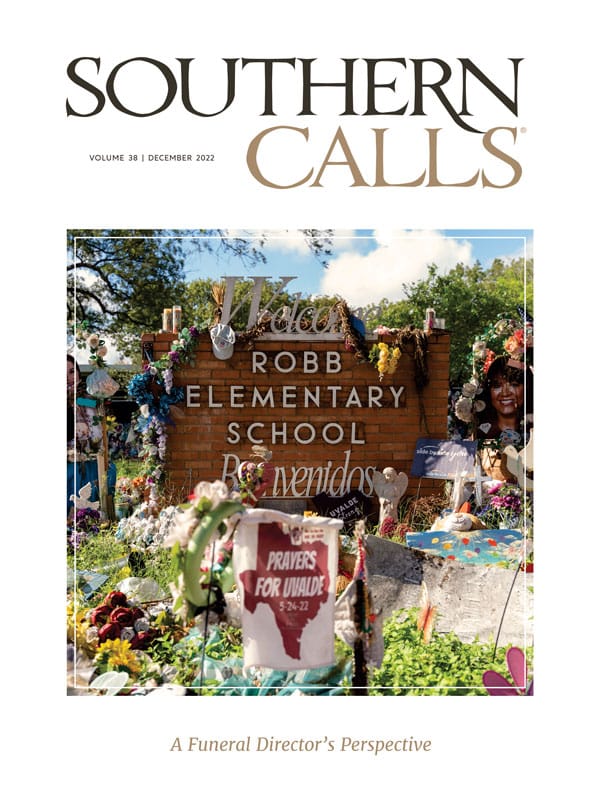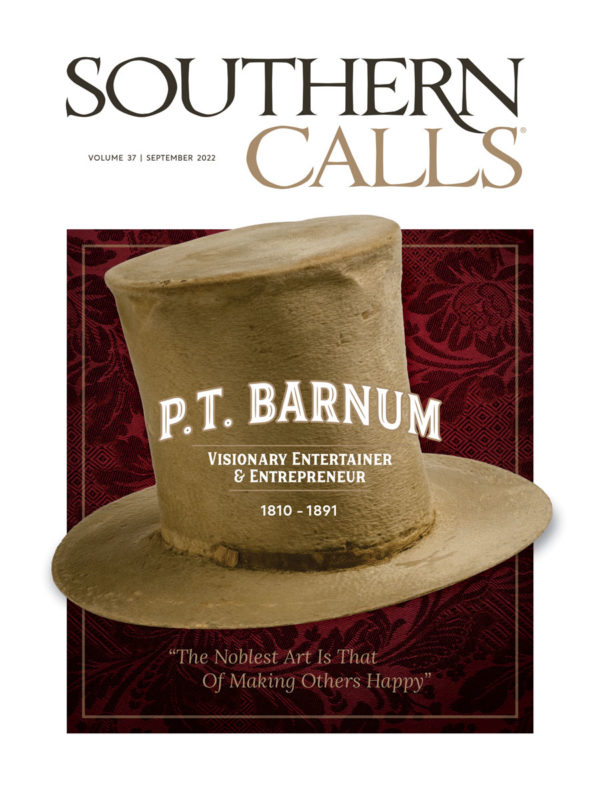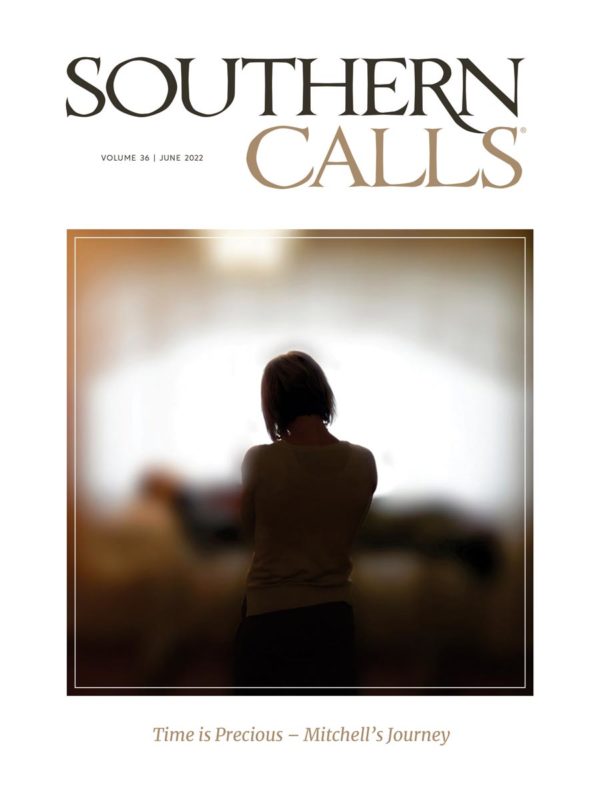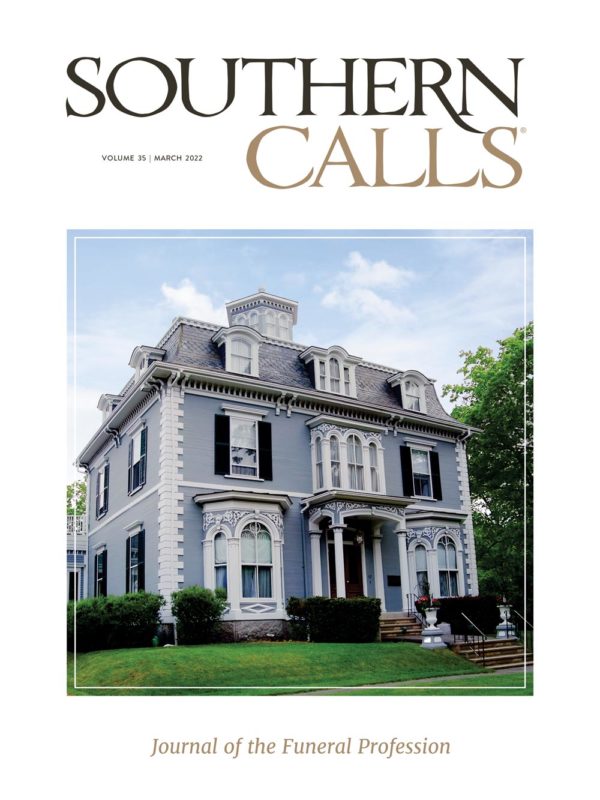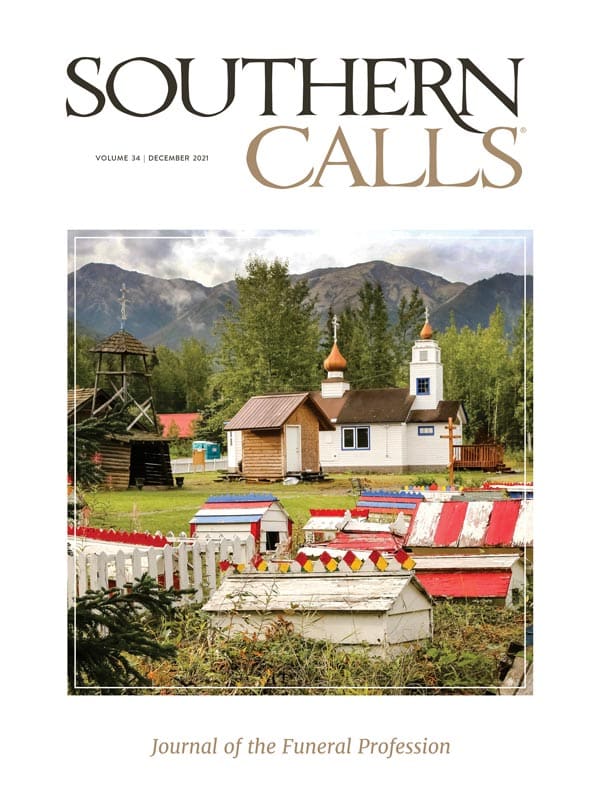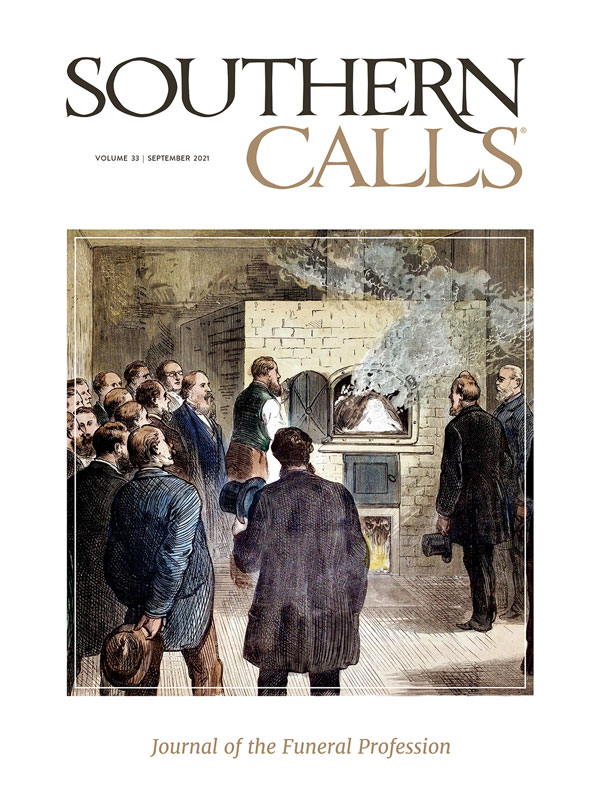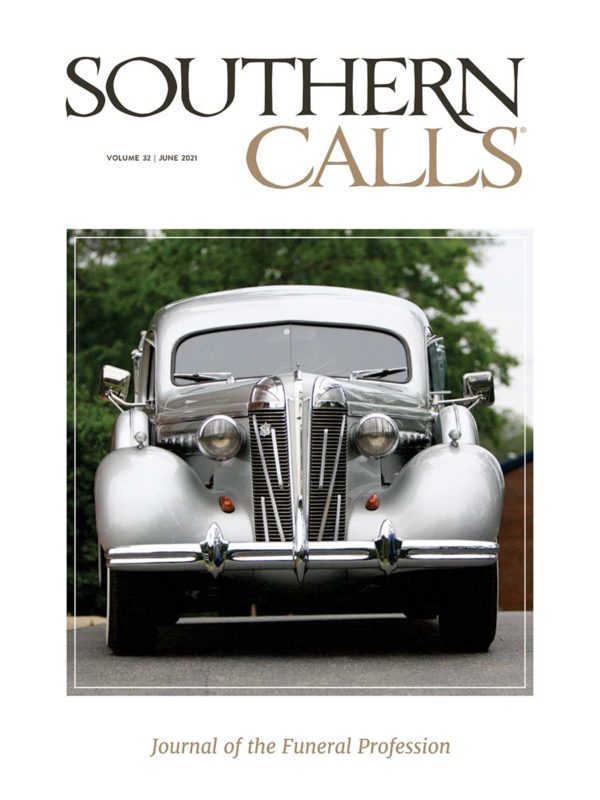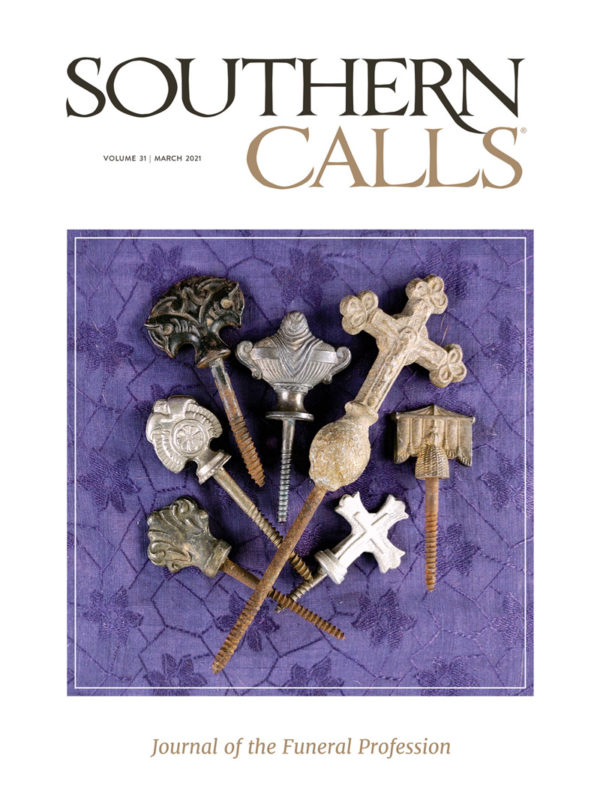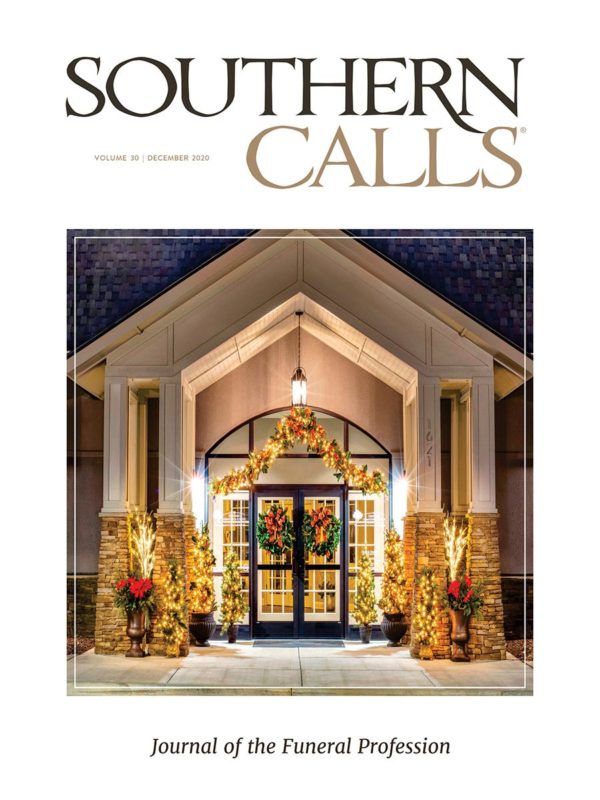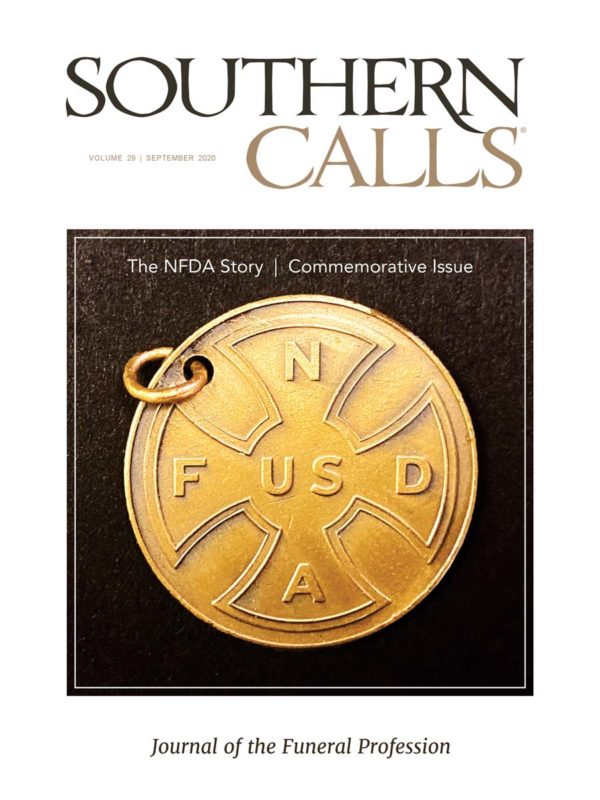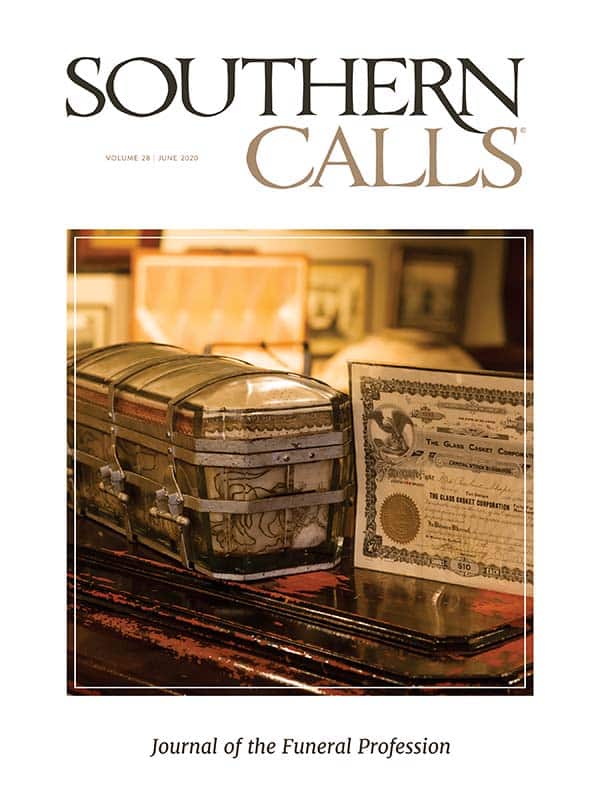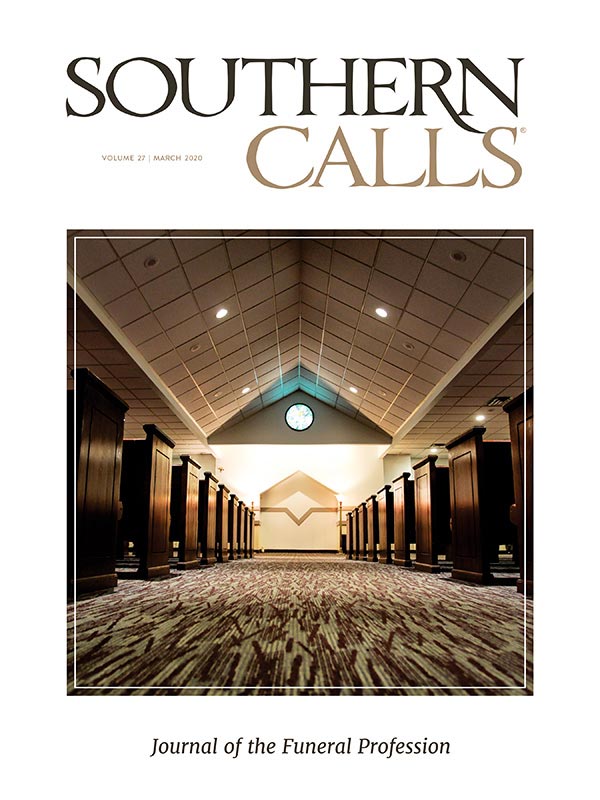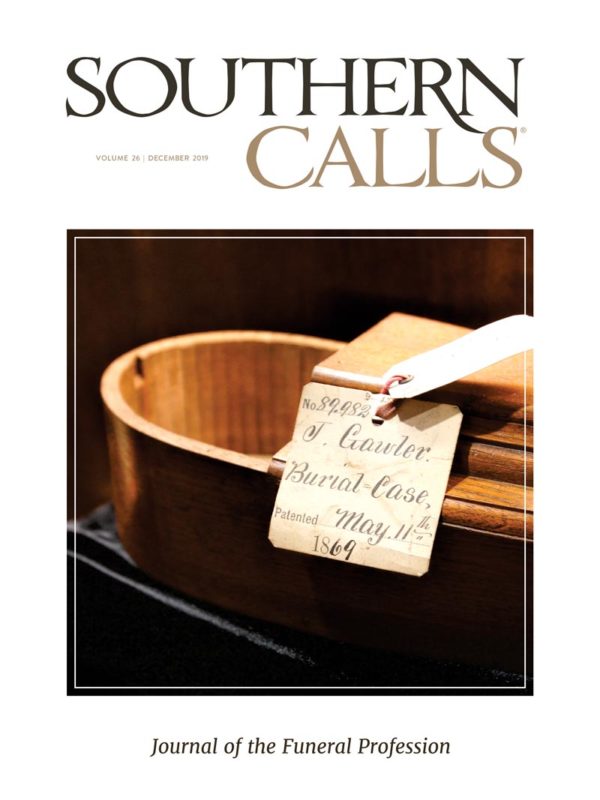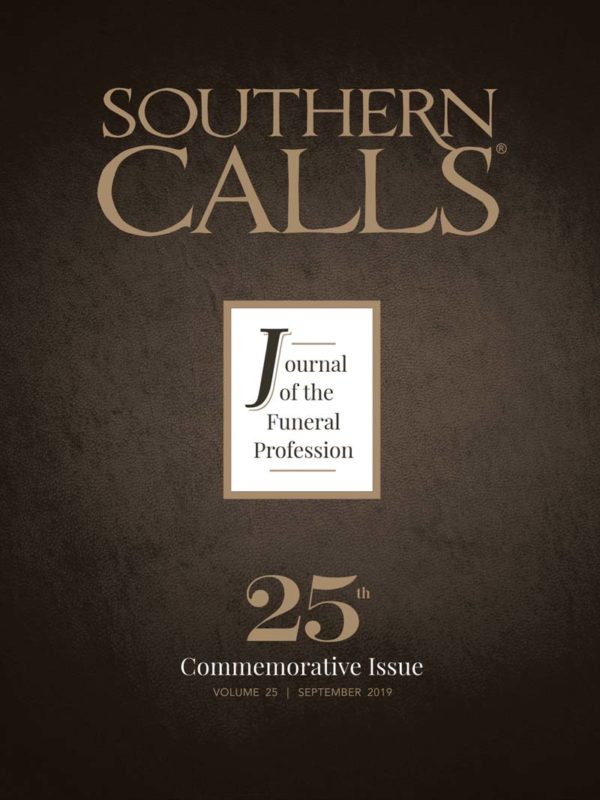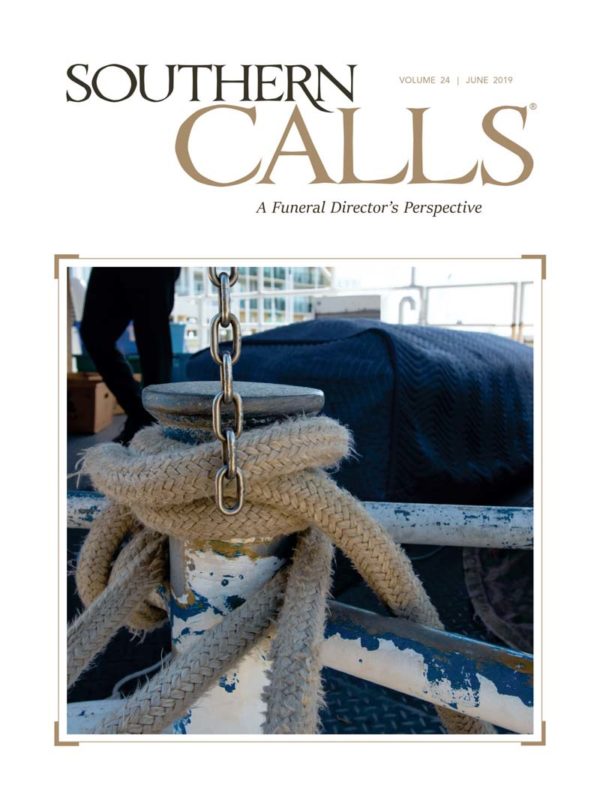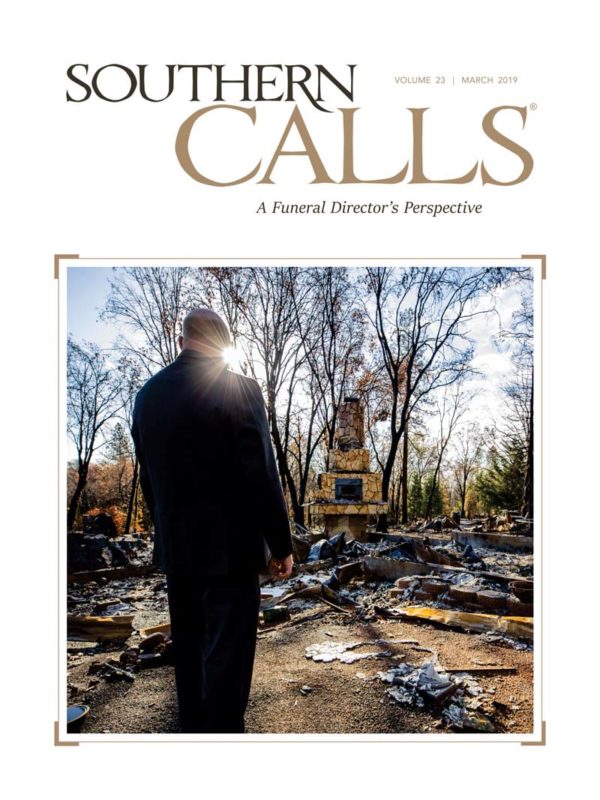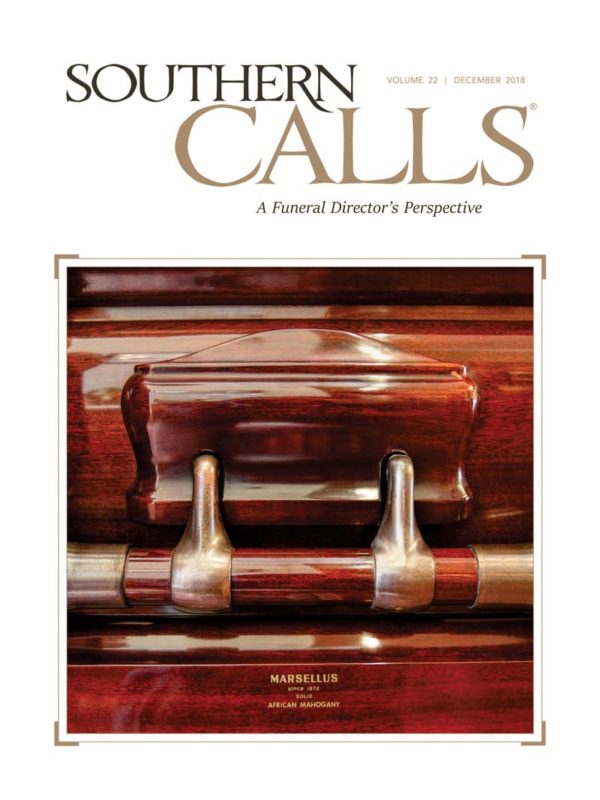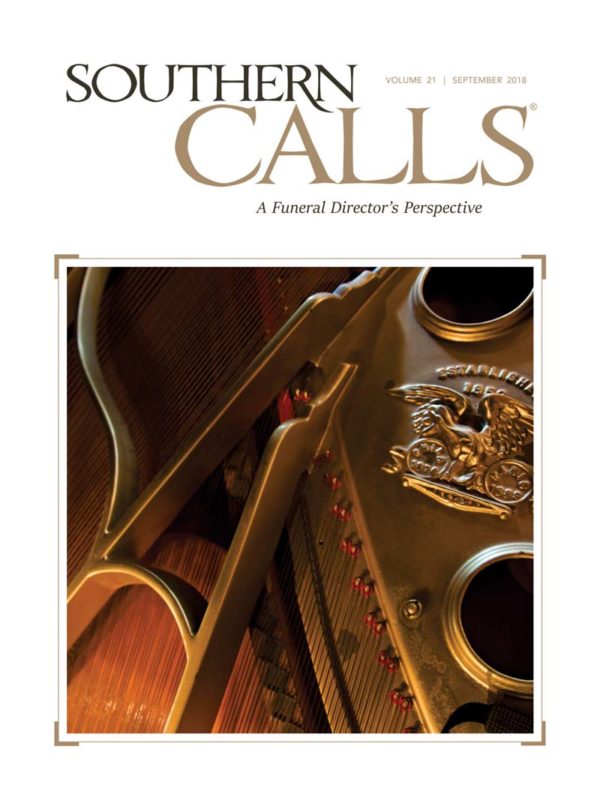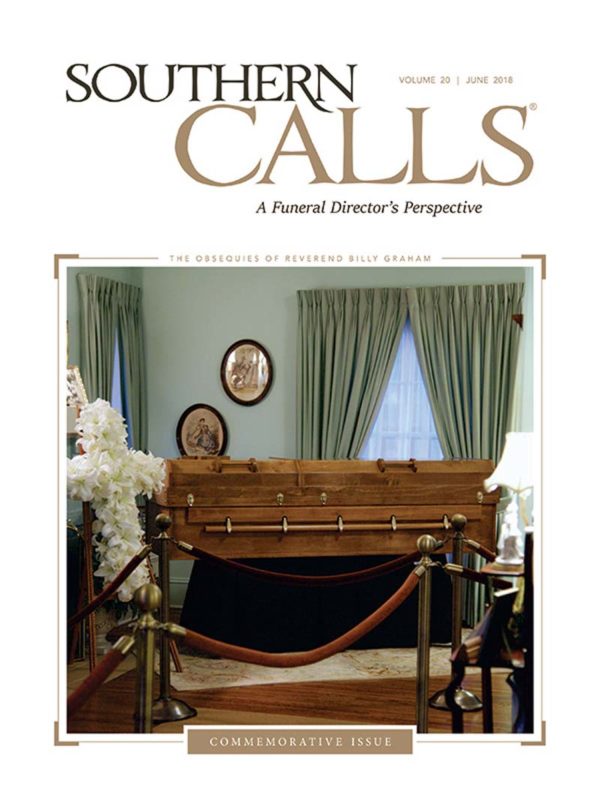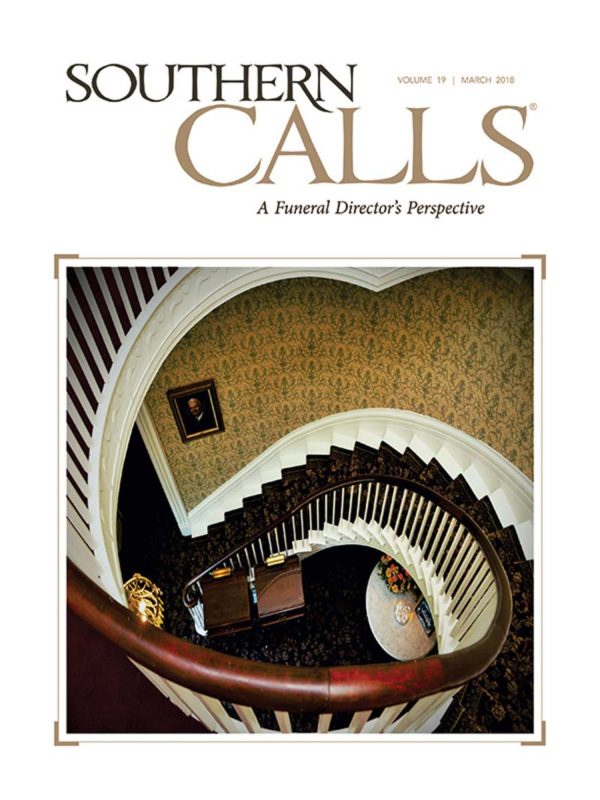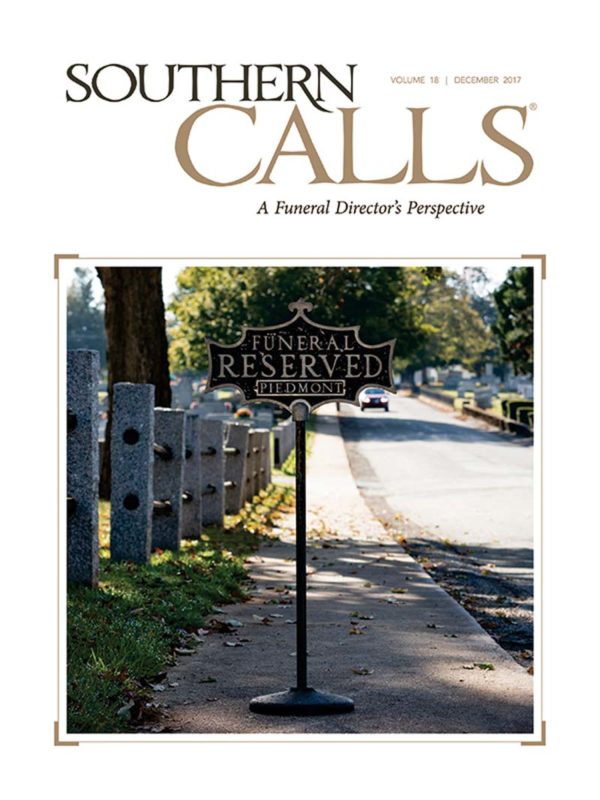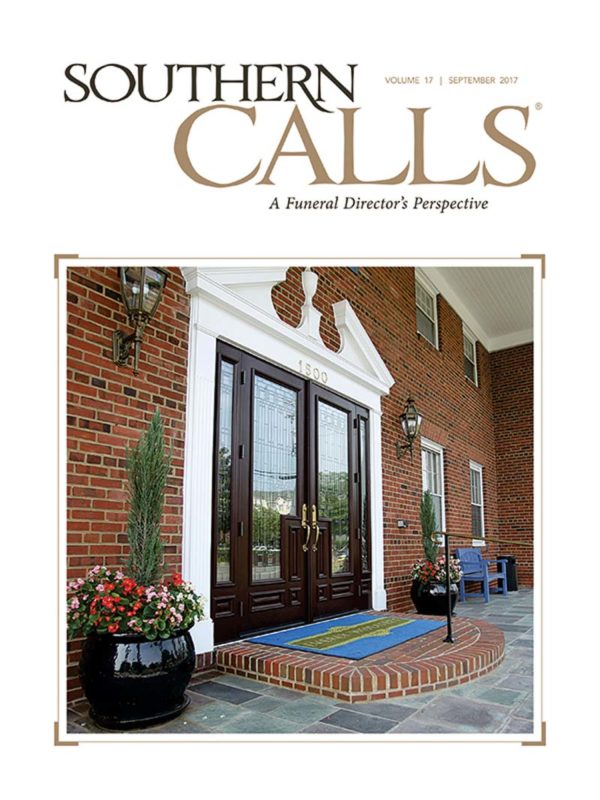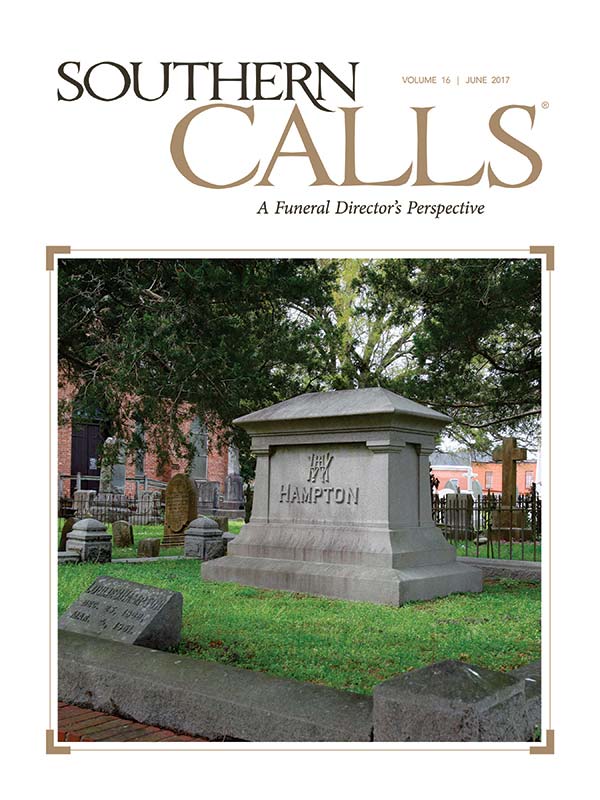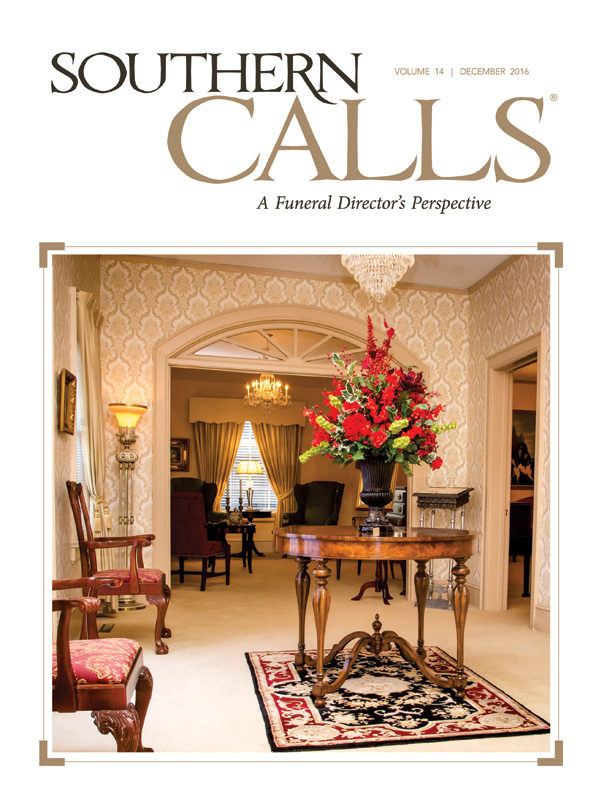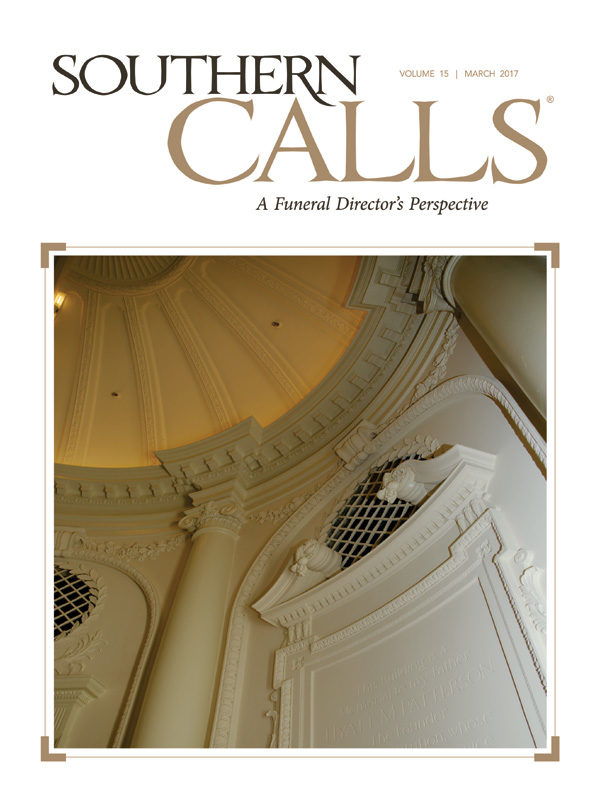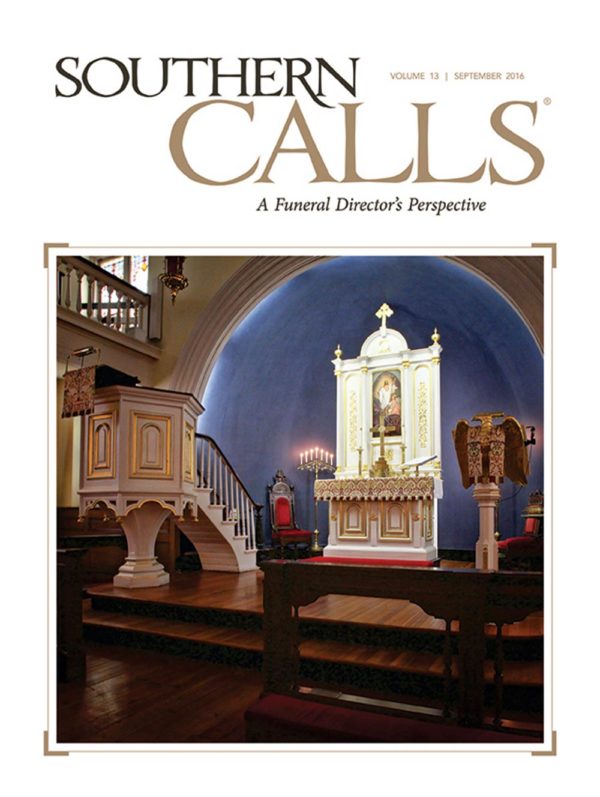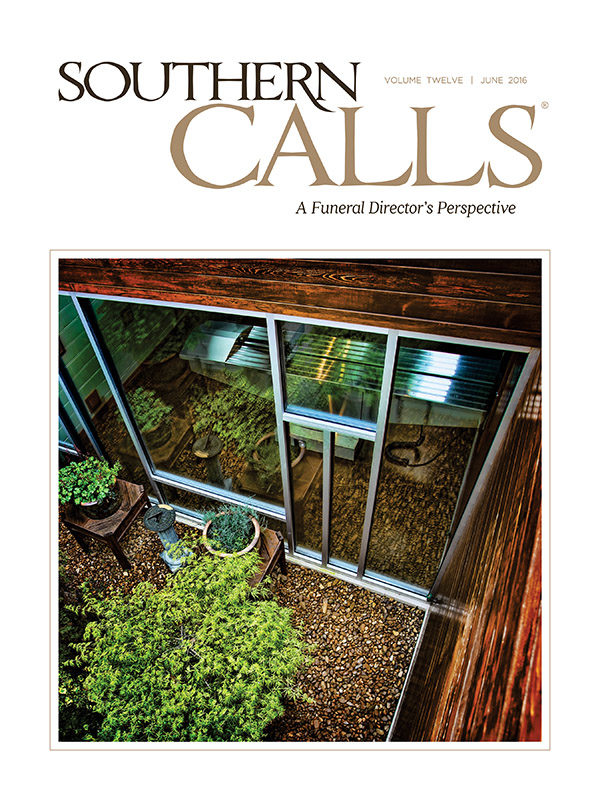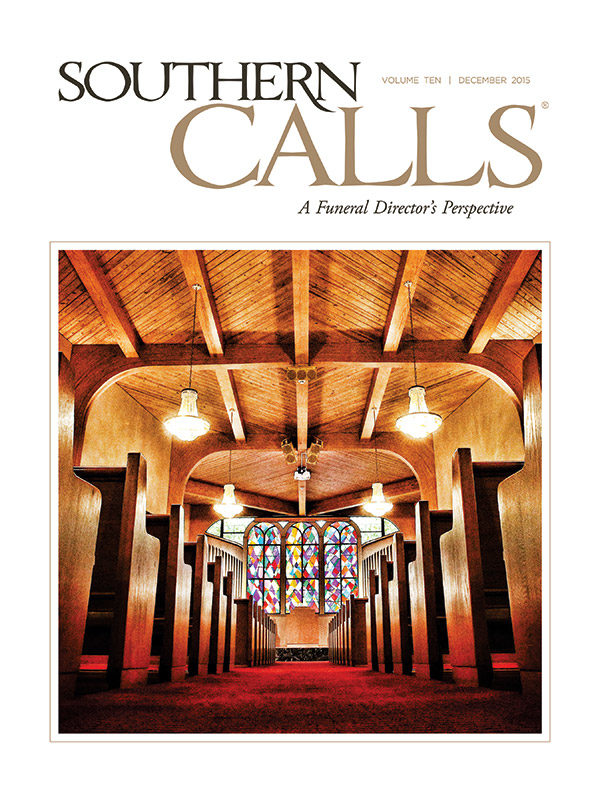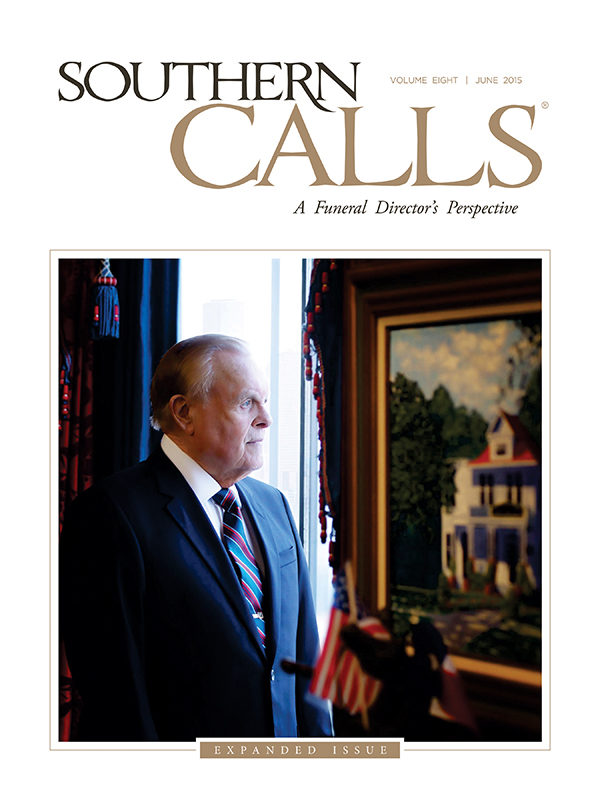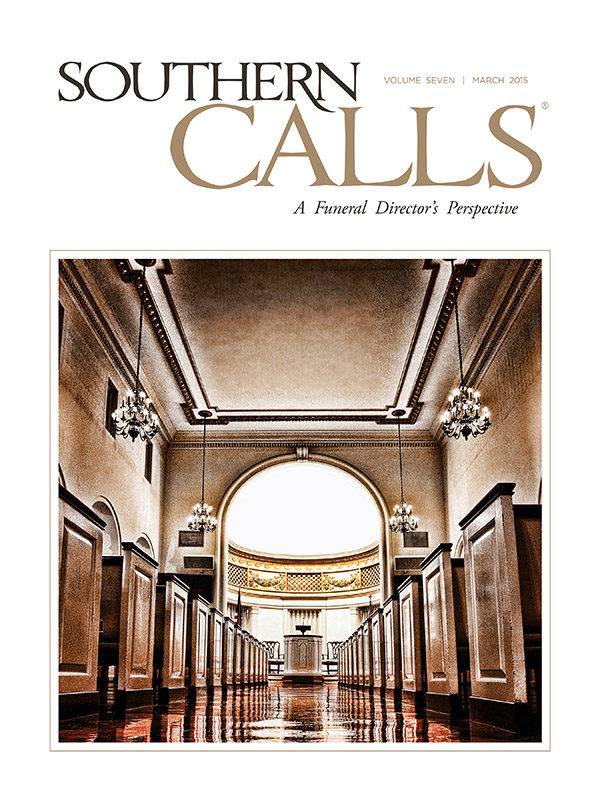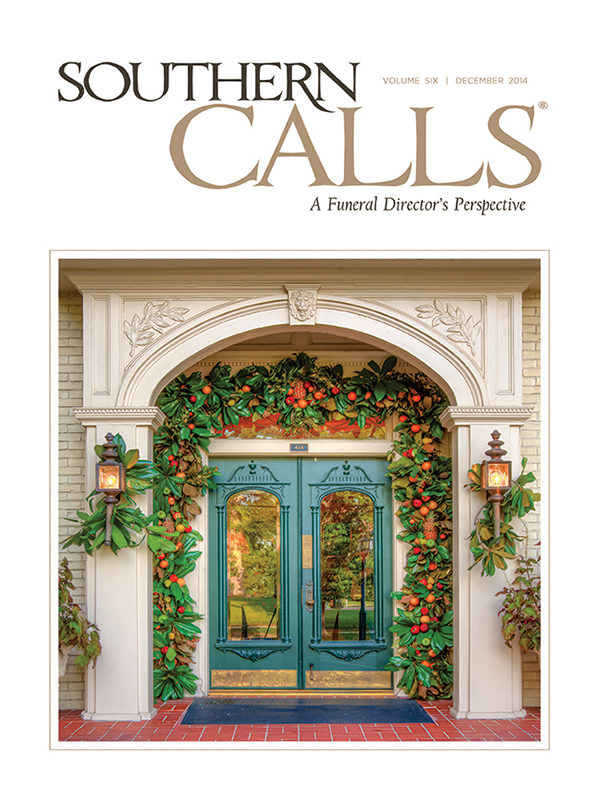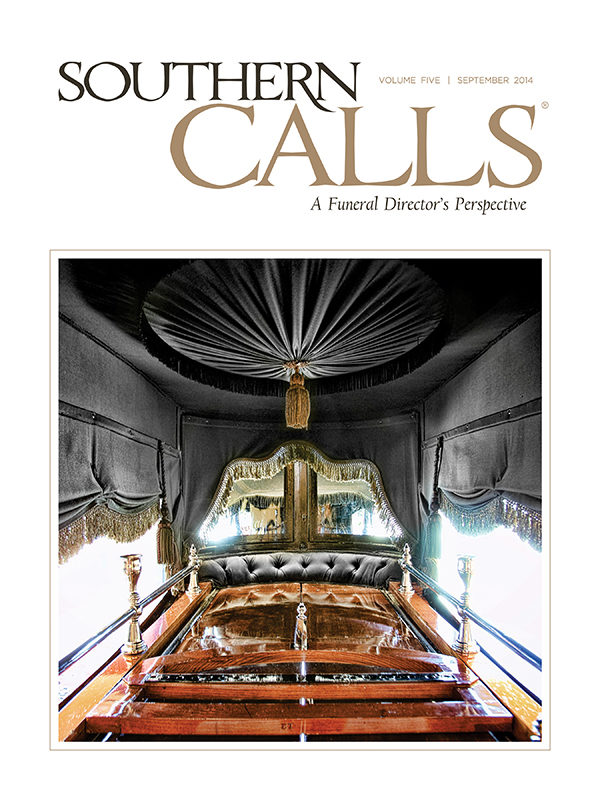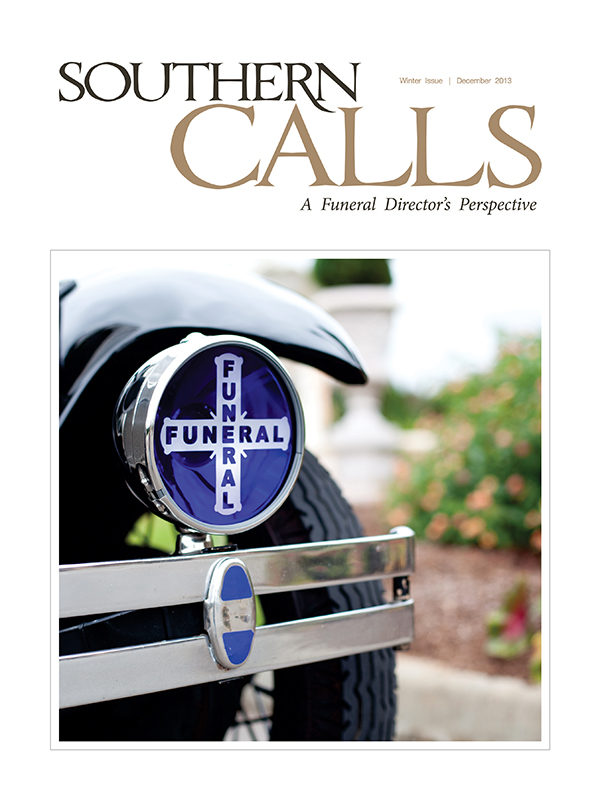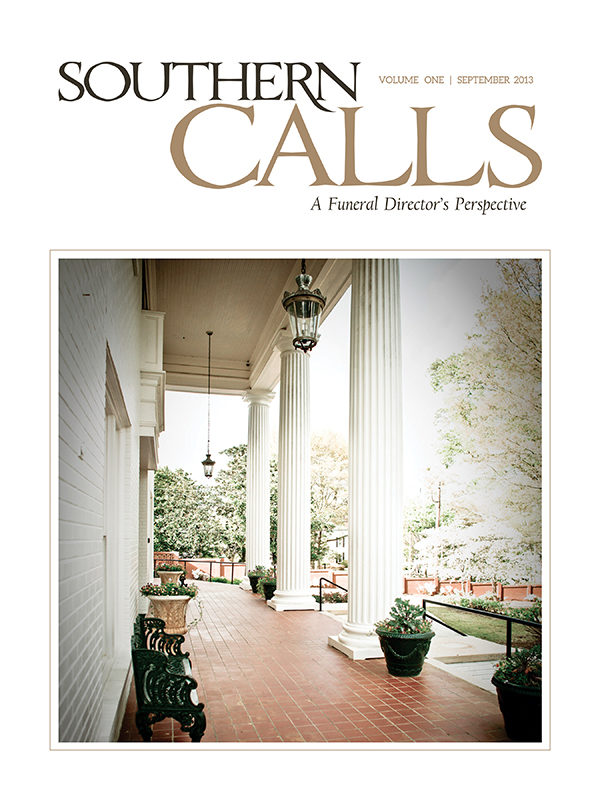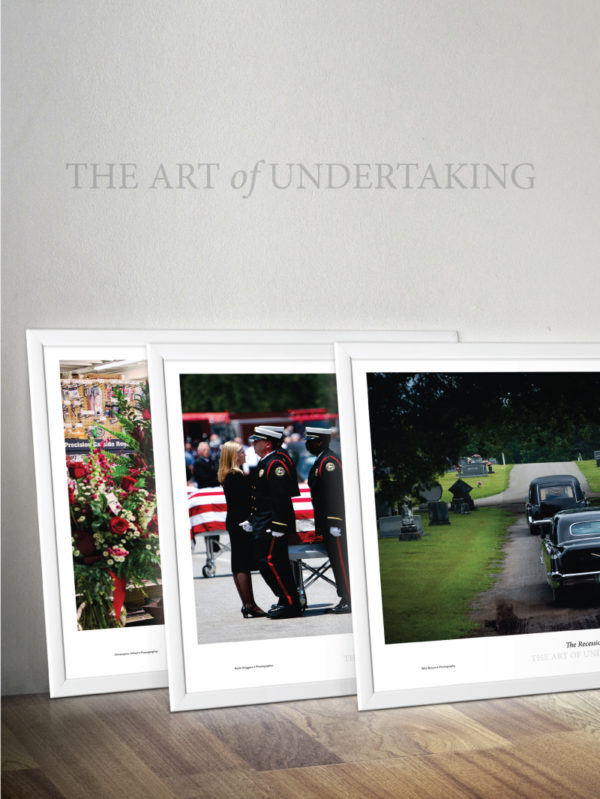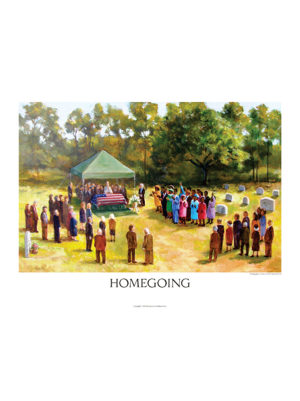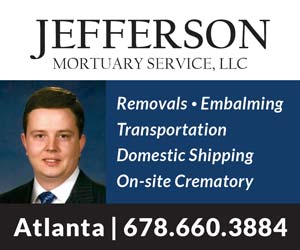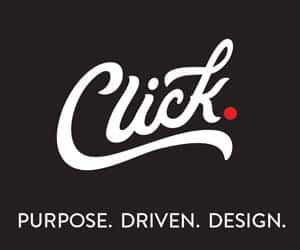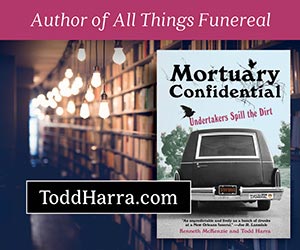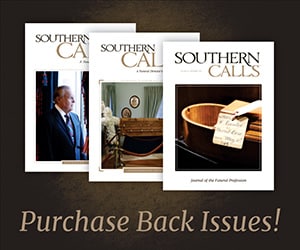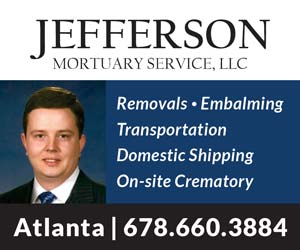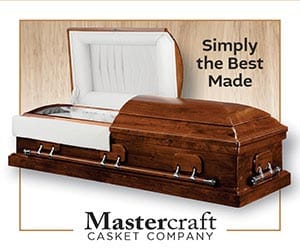Unlimited Access to All of Our Stories, Right At Your Fingertips.
Not only will Subscribers receive their 4 print magazines a year, but will also have exclusive access to additional online articles, as well as the ability to read all Southern Calls magazine articles as they become available only.
1 Year Southern Calls Subscription • Not Available
$60.00 for 1 year
Out of stock
2 Year Southern Calls Subscription • Not Available
$100.00 for 2 years
Out of stock
Order Your Copy Today!
Southern Calls Magazine Vol. 43
$45.00
In this issue:
PEOPLE – S. Todd Rose
Todd Rose is charged with a mission unlike any other in the United States Air Force. When an airman is killed, wounded, injured, or even takes ill, it is Todd’s job to ensure actions are taken to support the Airman and family.
When asked to sum up his job, Todd says, “We provide unparalleled support when tragedy strikes.” The “we” he’s referring to are the dedicated men and women that make up our team, or his “work family” as he calls them.
PLACES – Cremation in America
It was a cold and rainy December day in 1876 when the modern cremation movement in America made its debut. In the small town of Washington, Penn., Dr. Francis Julius LeMoyne, a local eccentric physician, had built a simple two-room crematory on his property for use at his demise. However, it would not remain idle until LeMoyne’s death, as it was pushed into use by Henry Steel Olcott, co-founder of the Theosophical Society of America, for the cremation of Bavarian immigrant Baron Joseph DePalm. This first cremation was a newsworthy event that was covered in almost every major newspaper in the country.
PASSIONS – David B. Medina
David remembered that as a child, the local funeral directors – Albert and Frank Gonzalez, Gonzalez Funeral Home – were respected pillars of the community. “But there was another memory – being mesmerized by the funeral directors during the funeral service. They were so well-dressed, moving effortlessly through the services for my grandmother and other relatives,” he said. As a professional dancer, David knew his performing days would eventually come to an end, but teaching, his only option, didn’t really appeal to him. “I wouldn’t go so far as to call it an epiphany,” said the director, “and it probably wasn’t divine intervention, but when I began considering funeral service, I experienced a feeling of peace because I knew I could do so much for people in pain.”
In stock
All Available Issues
-
Southern Calls Magazine Vol. 43
$45.00 -
Southern Calls Magazine Vol. 42
$45.00 -
Southern Calls Magazine Vol. 41
$45.00 -
Southern Calls Magazine Vol. 40
$35.00 -
Southern Calls Magazine Vol. 39
$35.00 -
Southern Calls Magazine Vol. 38
$35.00 -
Southern Calls Magazine Vol. 37
$35.00 -
Southern Calls Magazine Vol. 36
$35.00 -
Southern Calls Magazine Vol. 35
$35.00 -
Southern Calls Magazine Vol. 34
$35.00 -
Southern Calls Magazine Vol. 33
$35.00 -
Southern Calls Magazine Vol. 32
$35.00 -
Southern Calls Magazine Vol. 31
$35.00 -
Southern Calls Magazine Vol. 30
$35.00 -
Southern Calls Magazine Vol. 29
$35.00 -
Southern Calls Magazine Vol. 28
$35.00 -
Southern Calls Magazine Vol. 27
$35.00 -
Southern Calls Magazine Vol. 26
$35.00 -
Southern Calls Magazine Vol. 25
$35.00 -
Southern Calls Magazine Vol. 24
$35.00 -
Southern Calls Magazine Vol. 23
$35.00 -
Southern Calls Magazine Vol. 22
$35.00 -
Southern Calls Magazine Vol. 21
$35.00 -
Southern Calls Magazine Vol. 20
$35.00 -
Southern Calls Magazine Vol. 19
$35.00 -
Southern Calls Magazine Vol. 18
$35.00 -
Southern Calls Magazine Vol. 17
$35.00 -
Southern Calls Magazine Vol. 16
$35.00 -
Southern Calls Magazine Vol. 14
$35.00 -
Southern Calls Magazine Vol. 15
$35.00 -
Southern Calls Magazine Vol. 13
$35.00 -
Southern Calls Magazine Vol. 12
$35.00 -
Southern Calls Magazine Vol. 10
$35.00 -
Southern Calls Magazine Vol. 8
$50.00 -
Southern Calls Magazine Vol. 7
$35.00 -
Southern Calls Magazine Vol. 6
$35.00 -
Southern Calls Magazine Vol. 5
$35.00 -
Southern Calls Magazine Vol. 2
$35.00 -
Southern Calls Magazine Vol. 1
$50.00
